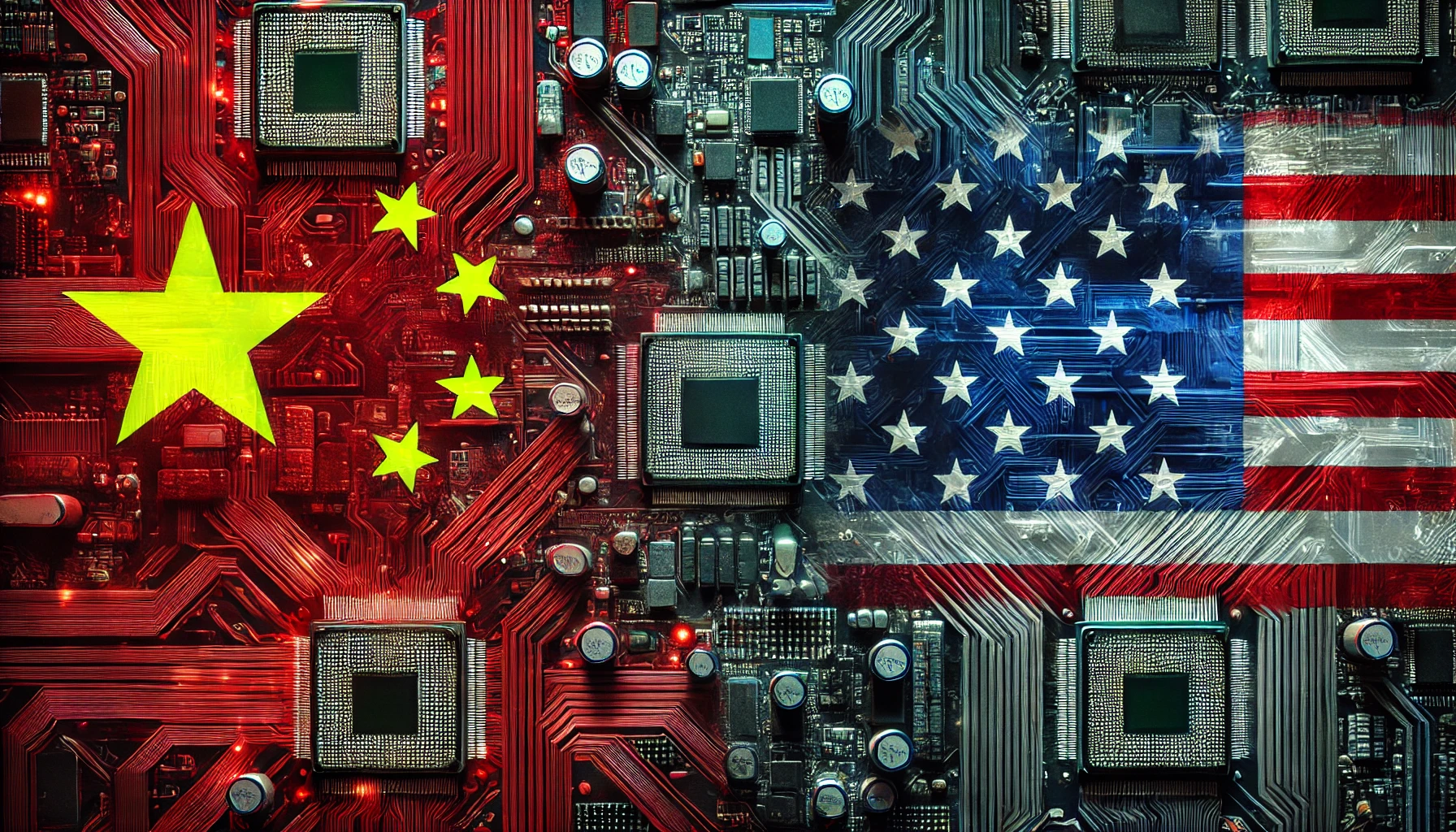
China’s major tech firms are intensifying their efforts in the field of generative artificial intelligence (AI), positioning themselves as competitors to established U.S. players like OpenAI, Google, and Meta. Chinese companies such as Baidu, Alibaba, Tencent, Huawei, and ByteDance have each developed their own AI models over the past 18 months, signaling China’s ambition to become a global leader in AI. This move adds a competitive layer to the ongoing tech rivalry between China and the U.S., with China striving to catch up as the AI race heats up.
Generative AI, which powers applications like ChatGPT, generates text, images, and video based on prompts. While U.S. companies have dominated global attention, China’s AI advancements are significant, despite strict government regulations surrounding AI models. Several of China’s tech giants have launched AI systems, tailored to various sectors and tasks.
Baidu, for instance, introduced Ernie Bot, a generative AI model designed to compete with ChatGPT, boasting 300 million users. The company claims that its latest version, Ernie 4.0, matches OpenAI’s GPT-4 in understanding and reasoning. Baidu also offers its AI model through its cloud computing division, making the technology accessible to businesses.
Alibaba followed suit with its Tongyi Qianwen model, or Qwen, which performs various tasks such as content creation and solving math problems. Some versions of Qwen are open-sourced, allowing developers to access and build upon the model. The company reported that over 90,000 enterprises have already deployed Qwen.
Tencent introduced the Hunyuan model, which specializes in Chinese language processing and advanced logical reasoning. This model supports industries ranging from gaming to e-commerce and powers Tencent’s AI chatbot, Yuanbao, which can draw information from the company’s popular messaging app, WeChat.
Huawei took a different route, focusing on industry-specific AI applications with its Pangu models. These models cater to sectors such as government, finance, and manufacturing. For example, the Pangu Meteorology Model can predict typhoon trajectories much faster than traditional methods. Huawei’s AI models also offer generative capabilities, such as code generation and virtual human avatars.
ByteDance, the company behind TikTok, entered the AI arena later than its competitors with its Doubao model. However, it offers a more cost-effective option for developers. Doubao can generate code and create voices, among other features.
These developments showcase China’s growing capabilities in AI, as the country continues to challenge the U.S. in the evolving technology space.
Featured Image courtesy of DALL-E by ChatGPT
Follow us for more updates on China’s tech giants.
